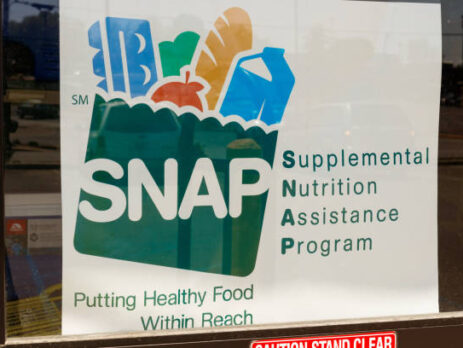In the face of economic disparities and food insecurity, governments worldwide have implemented various social welfare programs to support their most vulnerable citizens. One such program is the Food Stamp program, also known as the Supplemental Nutrition Assistance Program (SNAP), which plays a crucial role in alleviating hunger and promoting the nutritional well-being of millions of people.
Food stamps are a form of financial assistance provided by the government to low-income individuals and families to help them purchase nutritious food items. The program operates on a card-based system, with eligible recipients receiving an Electronic Benefit Transfer (EBT) card that works much like a debit card. Each month, an approved amount of funds is loaded onto the EBT card, enabling beneficiaries to buy groceries at authorized retailers, including supermarkets, grocery stores, and farmers’ markets.
One of the primary objectives of the food stamp program is to ensure access to an adequate and balanced diet for those who might otherwise struggle to afford nutritious meals. By allowing recipients to purchase food, food stamps empower them to make their own choices based on dietary needs and preferences. The flexibility of the program fosters dignity and autonomy, reducing the stigma associated with traditional food assistance programs.
Eligibility for food stamps is based on a combination of factors, including household income, size, and expenses. Each country has its own criteria and guidelines for determining eligibility. Recipients typically need to provide proof of income, expenses, and citizenship or legal residency status during the application process.
Beyond mitigating hunger, food stamps also offer several additional benefits to society as a whole. By improving the nutritional intake of vulnerable populations, the program contributes to better overall health outcomes, potentially reducing healthcare costs in the long run. Moreover, when families do not have to choose between paying for food and other essentials, such as rent or utilities, the program helps stabilize households and contributes to overall economic stability.
However, despite its numerous advantages, the food stamp program faces challenges and criticism. Some argue that it might foster dependency and discourage recipients from seeking employment or higher-paying jobs. Others assert that the allocation of funds should be more restrictive to prevent purchases of unhealthy or non-nutritious items.
In conclusion, food stamps, or SNAP, represent a vital safety net for millions of people facing financial hardship and food insecurity. By offering assistance in purchasing nutritious food, this program not only addresses immediate hunger but also fosters better health outcomes and economic stability. Though it may require ongoing refinement, the food stamp program remains a cornerstone of social welfare, exemplifying society’s commitment to supporting those in need and ensuring a more just and equitable future.

